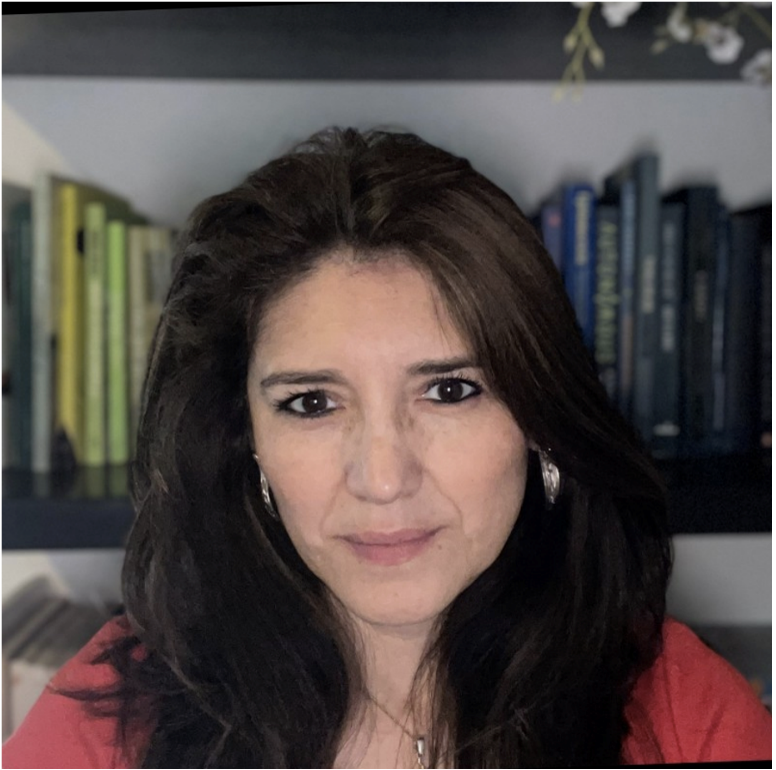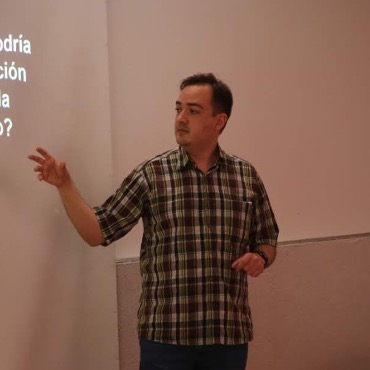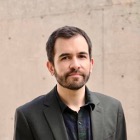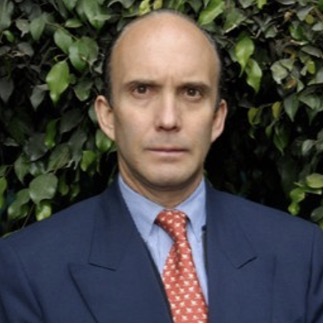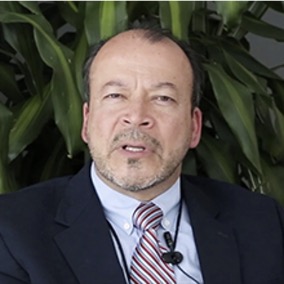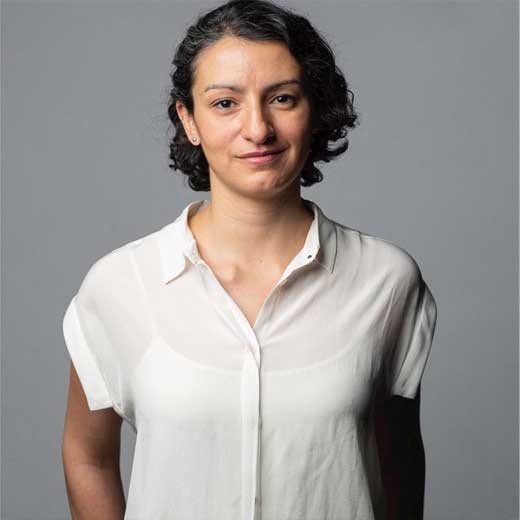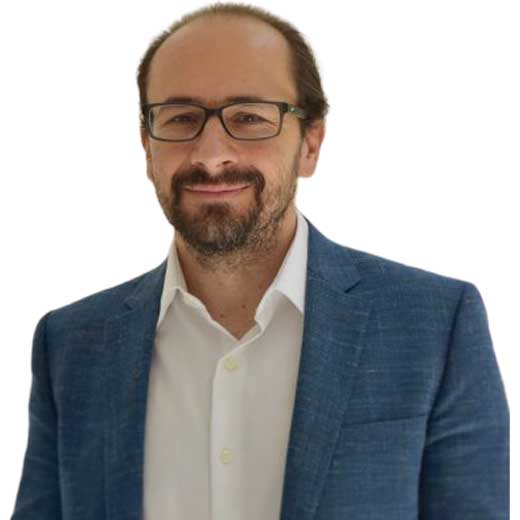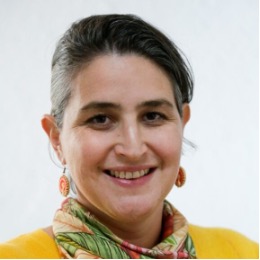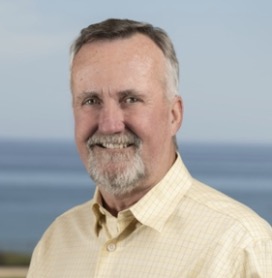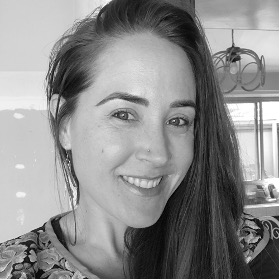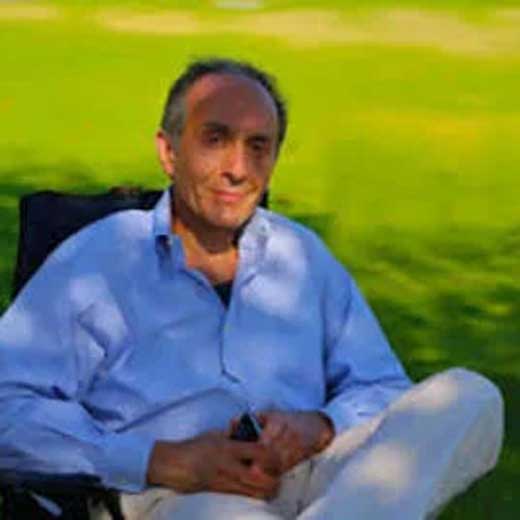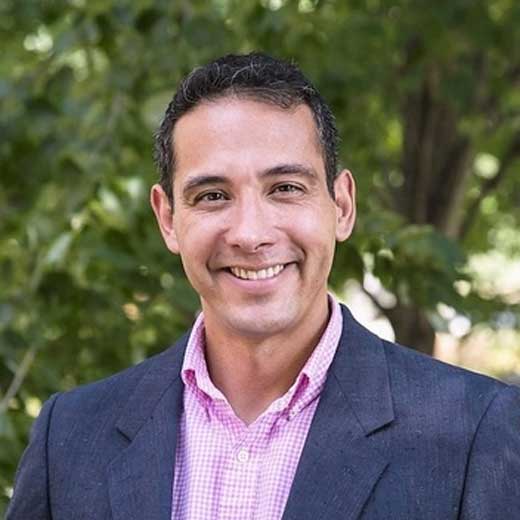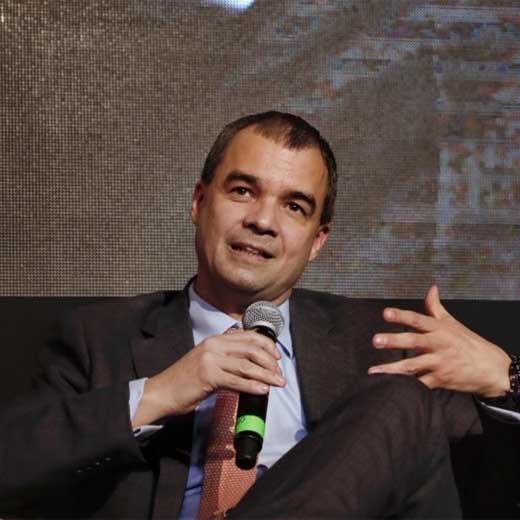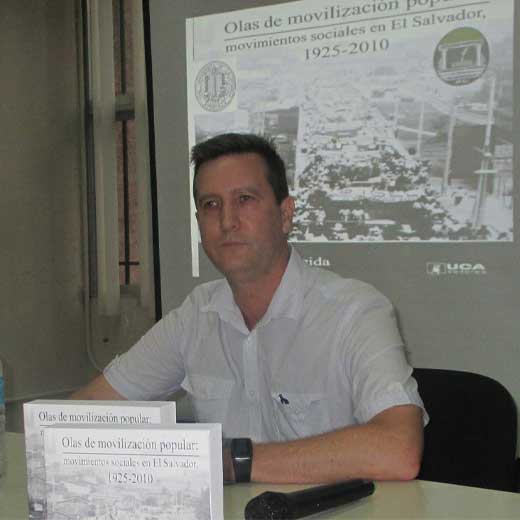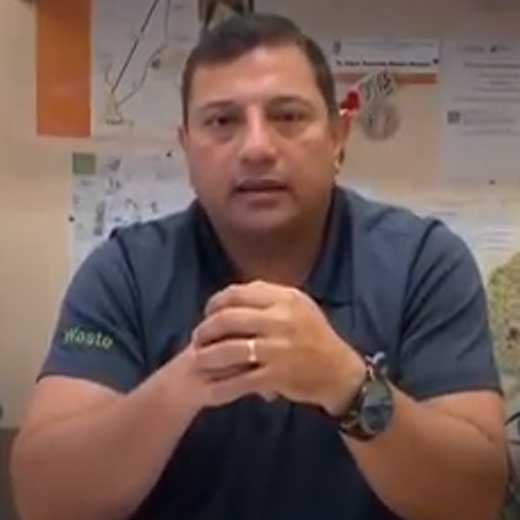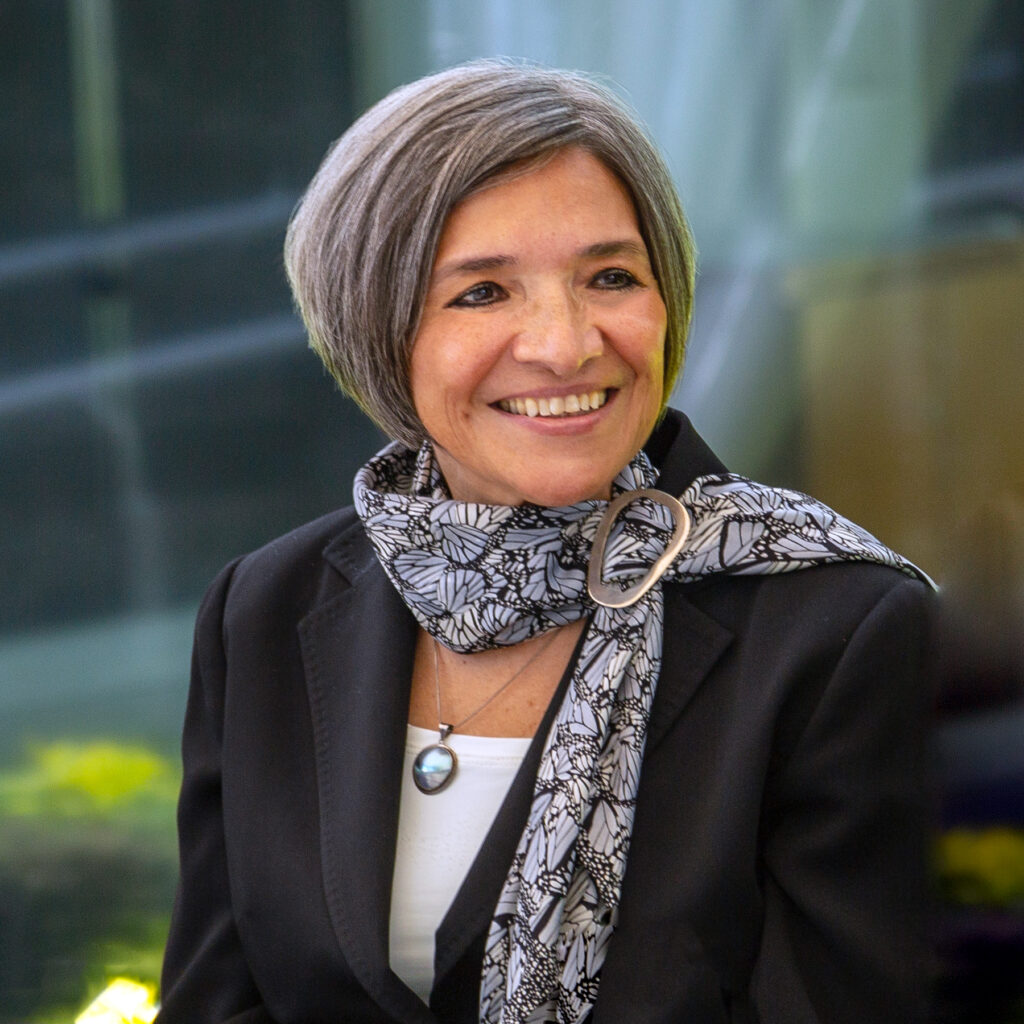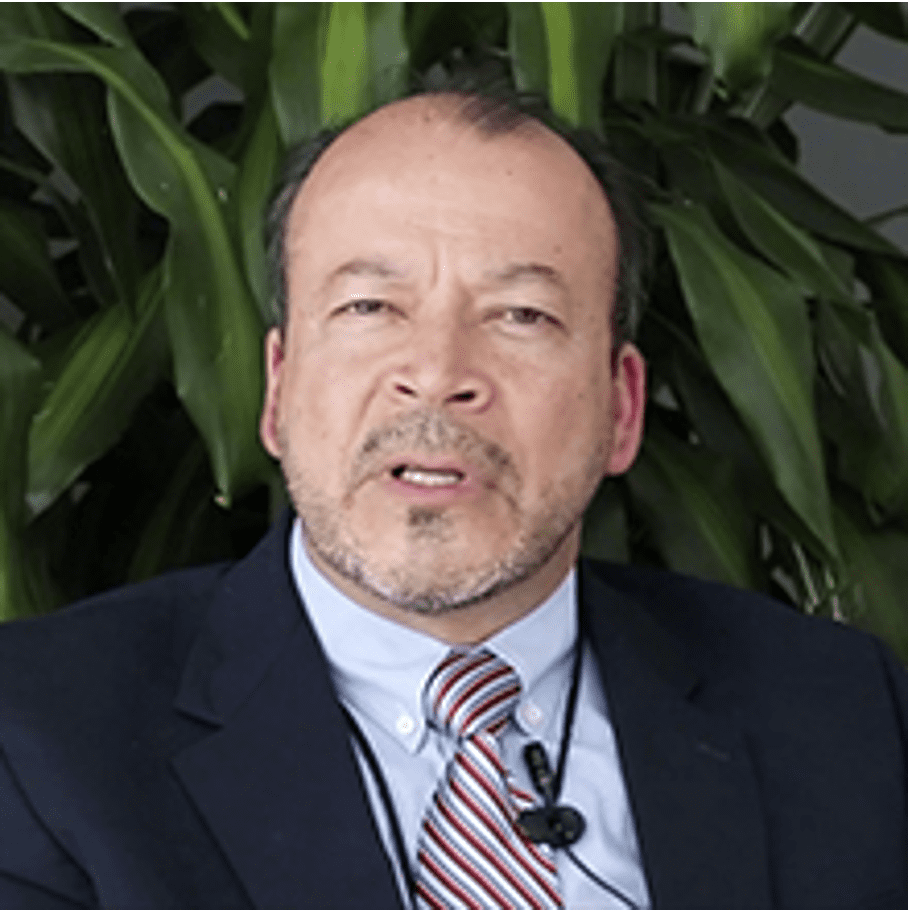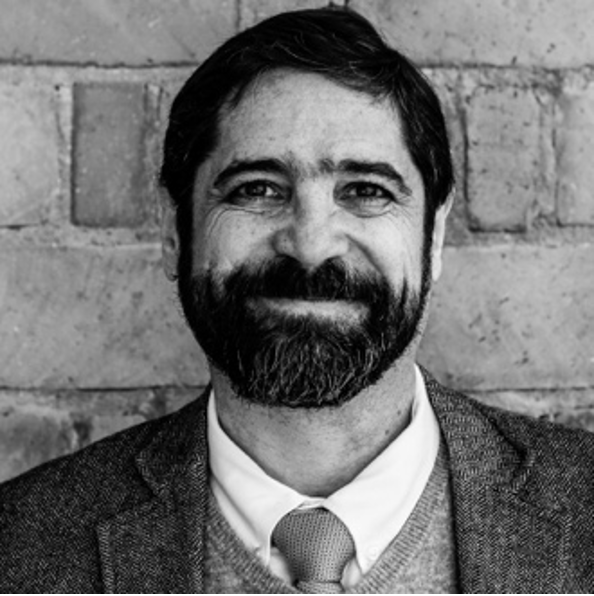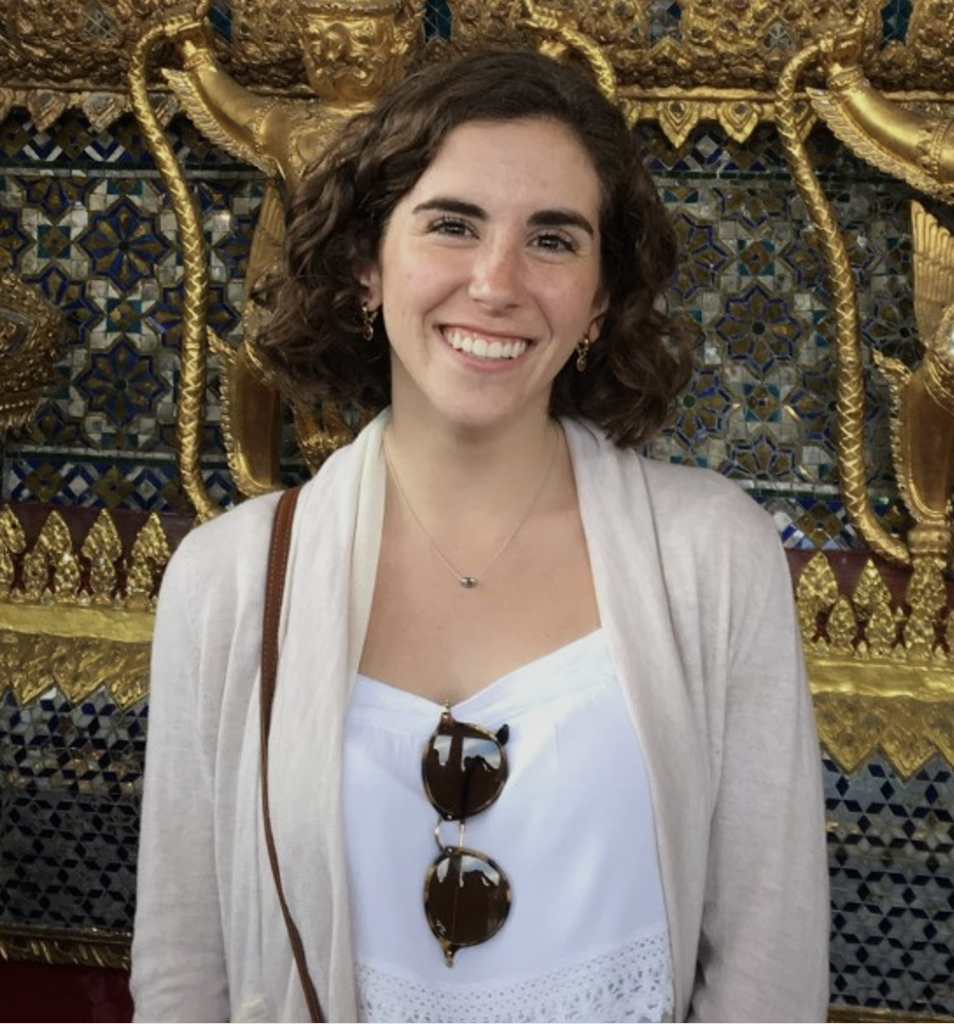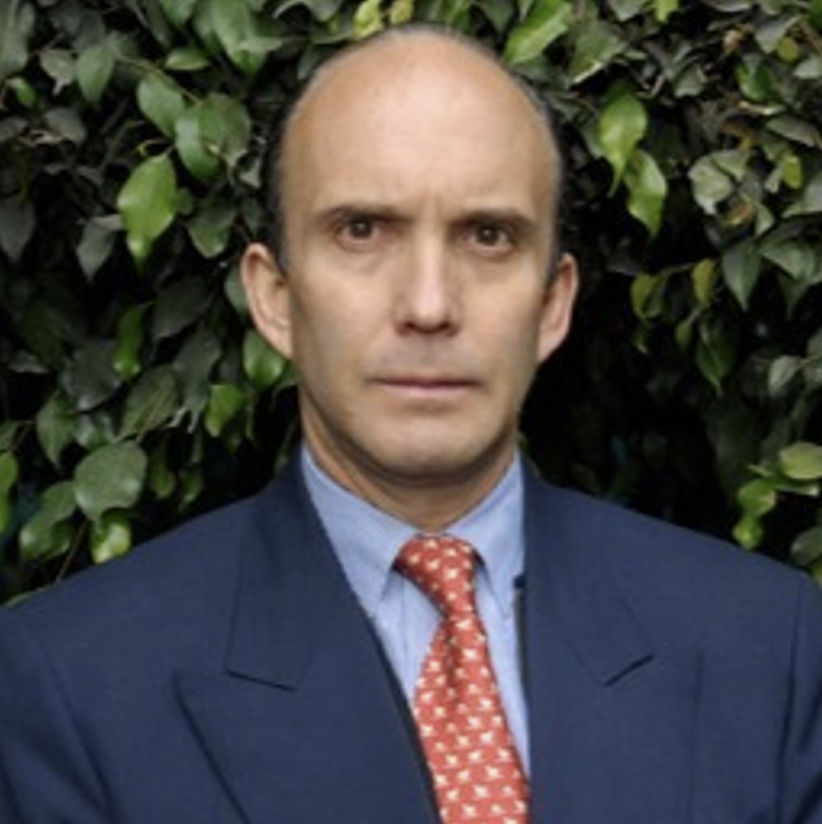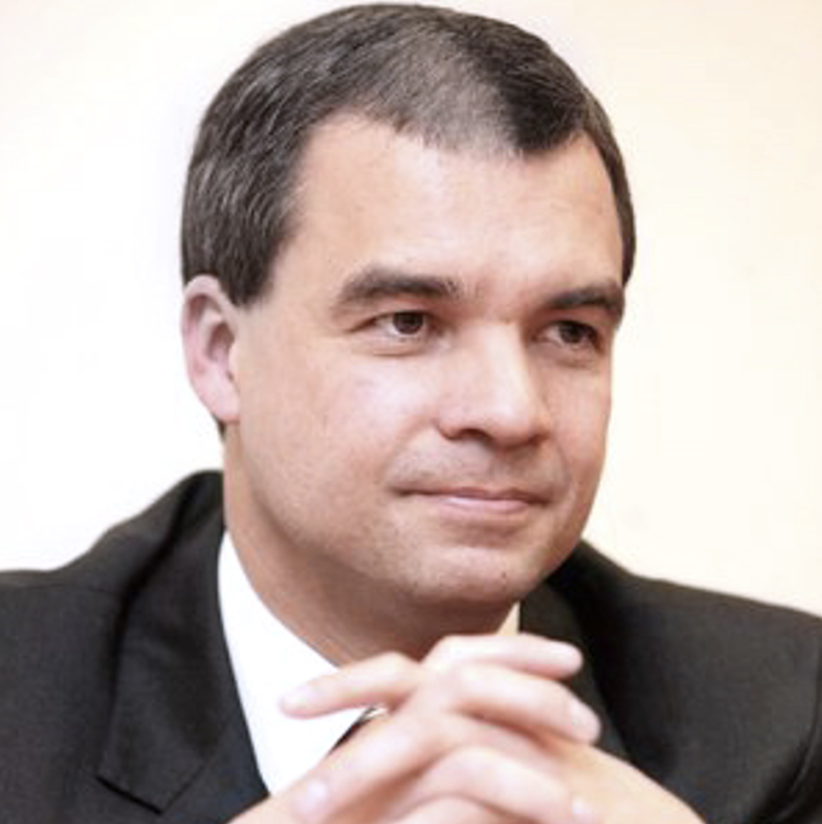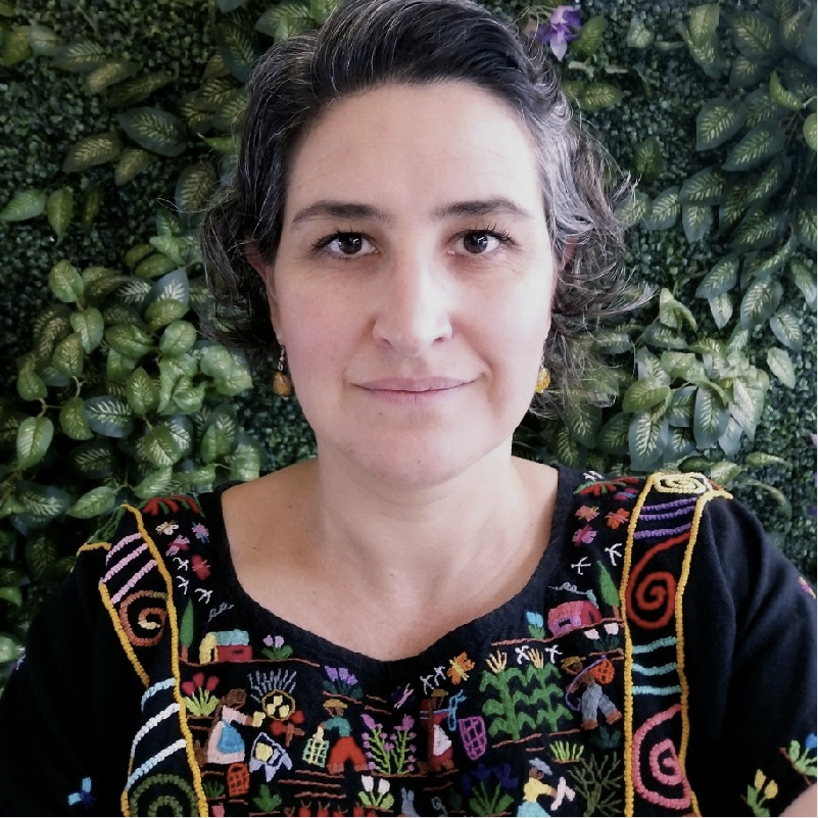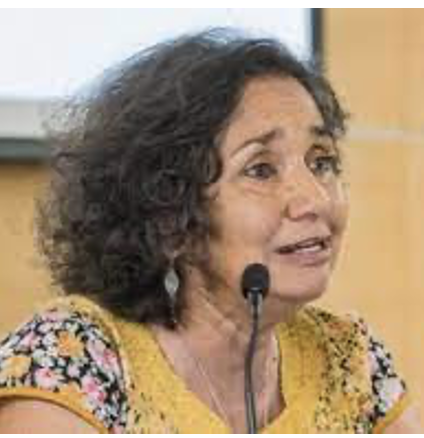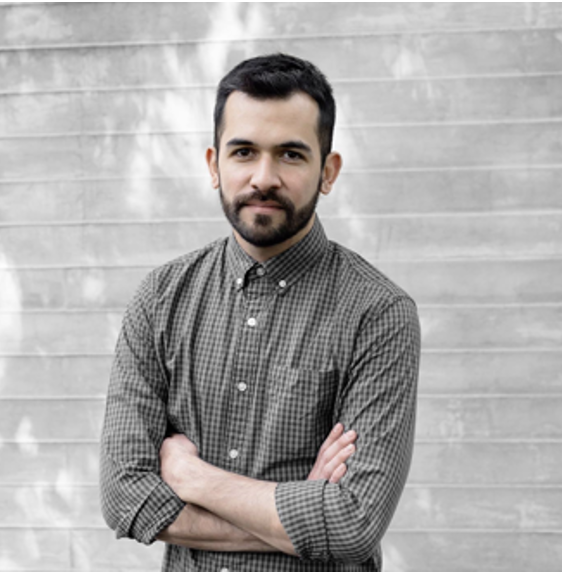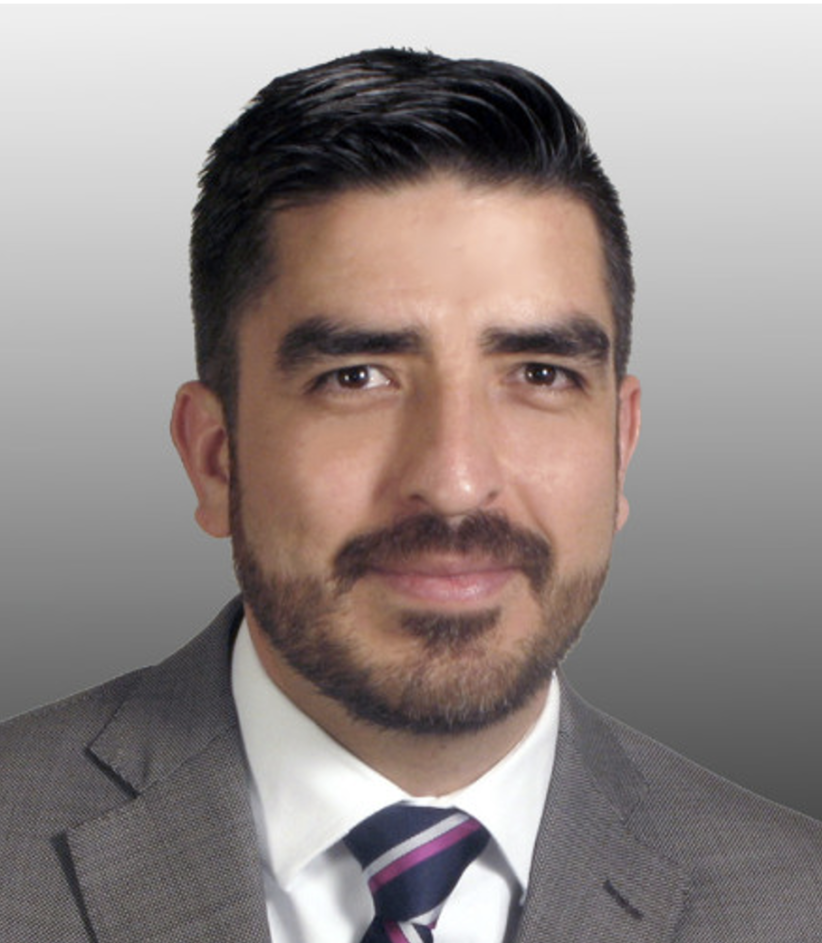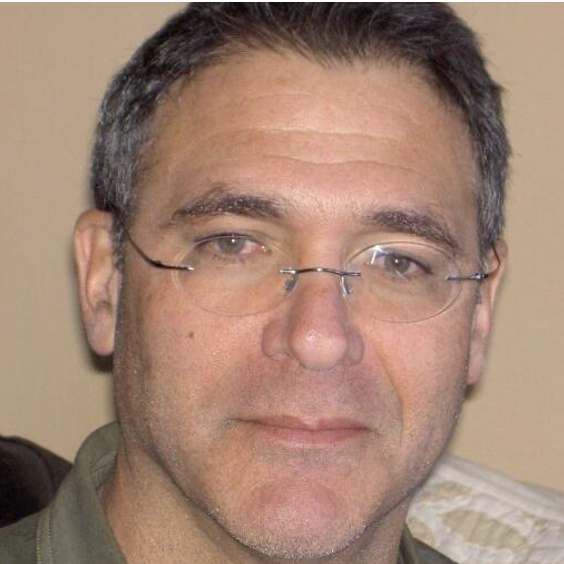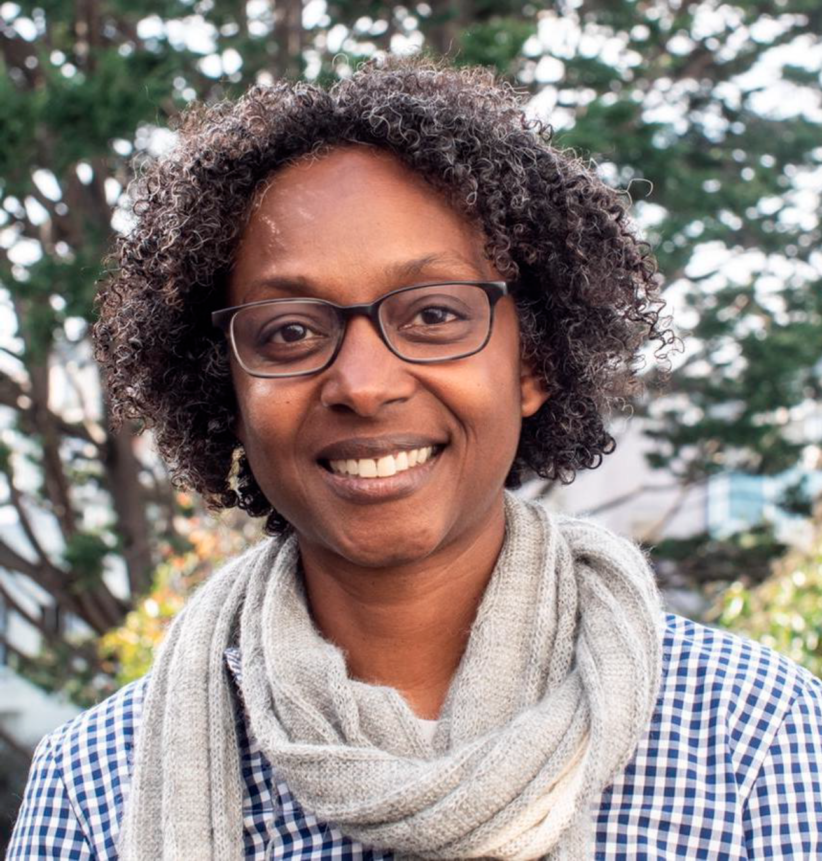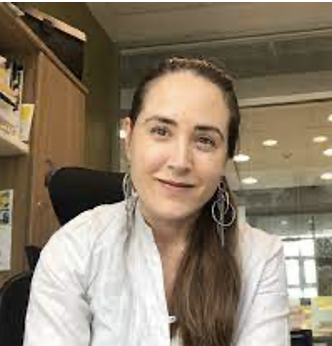Patricia Tatto
President and Founder of MERM
Graduated from University Iberoamericana with a law degree, later on completing studies in human rights from Birkbeck University in the United Kingdom. Patricia has focused her professional career on developing and driving the renewable energy Industry into the upcoming energy markets. Patricia serves as a technical advisor on the entire value chain on the successful implementation of large-scale renewable energy projects and business guide while creating strategies for the industry in new markets.
Currently, she is Vice President for ATA Renewables in America, leading a team of renewable energy experts that provides technical advisory, engineering and certification for financial institutions, investment funds, governments utilities, IPP, suppliers, and EPC on the successful implementation of large-scale renewable energy projects. In addition, she is the President and Founder of Women in Renewable Energy Mexico (MERM). Moreover, she is part of the Mexican delegation at W20 official G20 engagement group forming a transnational network of women’s organizations, female entrepreneur’s associations and think tanks.
Karla Graciela Cedano Villavicencio
Head of Innovation and Futures Lab at Instituto de Energías Renovables – UNAM
As a member of the National System of Researchers, President and founding member of the Morelos Association of Technologists, Innovators and mergers, Dr. Cedano Graduated as an Electronic Systems Engineer, then continued her studies with a Master’s in Computer Science with a specialty in Computer Aided Systems and postgraduate studies in Computer Science, both at Tecnologico de Monterrey. Subsequently, she completed a PhD in Engineering and Applied Sciences with a specialty in Materials, from the Center for Research in Engineering and Applied Sciences at UAEM.
During her professional career, Dr. Cedano has participated as Executive Director of the Prolaif-Lamonthe Group (1995-2000), Project Director of the company Corrosión y Protección Ingeniería (2005), and Head of the Dissemination and Extension Unit of the UNAM Campus Morelos (2006-2011). In addition, collaborated with the Government of the State of Morelos as Director of Scientific-Technological Development (2000-2005). Dr. Cedano is a current member of the Academy of Social Sciences and Humanities of the State of Morelos, of the International Women’s Forum and Counsellor of Voz Experta. Also involved in the media, she participates as a weekly commentator on science, technology, and innovation in the evening news of Televisa Morelos and publishes in several journals of the Energy sector.
Alejandro Jaramillo
Universidad Nacional Autónoma de México
Alejandro Jaramillo Moreno is a researcher at the Institute for Atmospheric Sciences and Climate Change (ICAyCC) from the National Autonomous University of Mexico (UNAM). With a robust academic background encompassing a Doctorate in Hydraulic Engineering, a Master’s in Physical Sciences, and a degree in Civil Engineering from the National University of Colombia in Medellín, Dr. Jaramillo’s expertise lies at the intersection of tropical meteorology, hydroclimatology, tropical waves, intra-seasonal variability, and biosphere-atmosphere interaction. He previously served as a Visiting Scientist at the US National Oceanic and Atmospheric Administration (NOAA) in Boulder, Colorado. Beyond his research, Dr. Jaramillo actively disseminates knowledge through publications and conference participation, highlighting the importance of interdisciplinary approaches in addressing climate-related challenges.




